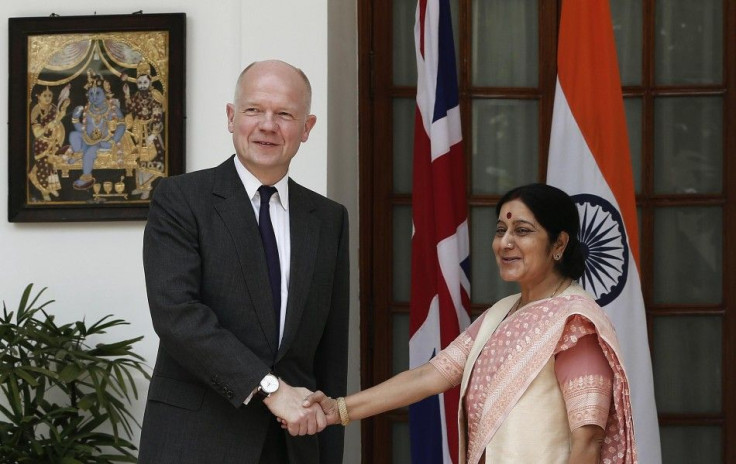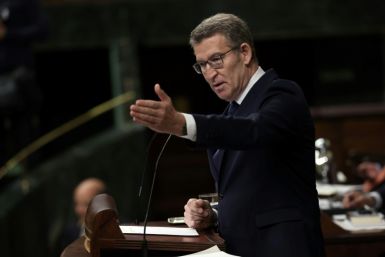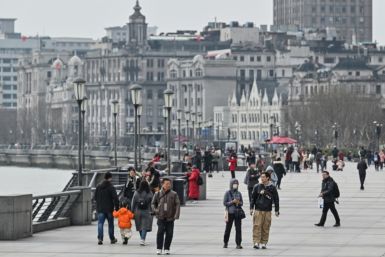UK to Erect Mahatma Gandhi Statue opposite House of Parliament

The UK government has announced on Tuesday, July 8 to erect a statue of Mahatma Gandhi, India's "Father of Nation", opposite the House of Parliament. Sculptor Philip Jackson, who previously made a statue of the Queen Mother, is given the responsibility of the project.
Gandhi's statue will be the 11th one to be placed in Parliament Square beside those of Winston Churchill, Nelson Mandela and Abraham Lincoln. According to Foreign Secretary William Hague, it is going to be a "fitting tribute" to a "great man." Gandhi went to London in 1988 to study law. He left the city in 1891 after being called to the bar.
Gandhi, arguably the most admired Indian politician all over the planet, was a pioneer in the non-violent movement during the freedom struggle in India. The statue is expected to be unveiled during spring 2015 to mark the 100th anniversary of Gandhi's return from South Africa to his home land. It will also play a major role in future commemorations such as the 70th anniversary of Gandhi's assassination in 2018. Gandhi was assassinated in 1948 months after India had gained its political independence from the British rule of 190 years on August 15, 1947.
One may find it ironical to place Gandhi's statue in front of an institution which he confronted all his life. Even though India's parliamentary system has been directly influenced by its British counterpart, Gandhi never endorsed it as the ideal political system. He believed more in a decentralised system which would draw power from each individual citizen of the country. One may also consider it a victory of Gandhi's ideals over his ideological opposition that it is the British government which has decided to erect the statue.
George Osborne, Britain's Chancellor of the Exchequer, called Gandhi a "figure of inspiration, not just in Britain and India, but around the world." The project will be supervised by an advisory panel consisting of major Indian personalities in London like Sandy Nairne and Lord Bilimoria.
Contact the writer: s.mukhopadhyay@ibtimes.com.au






